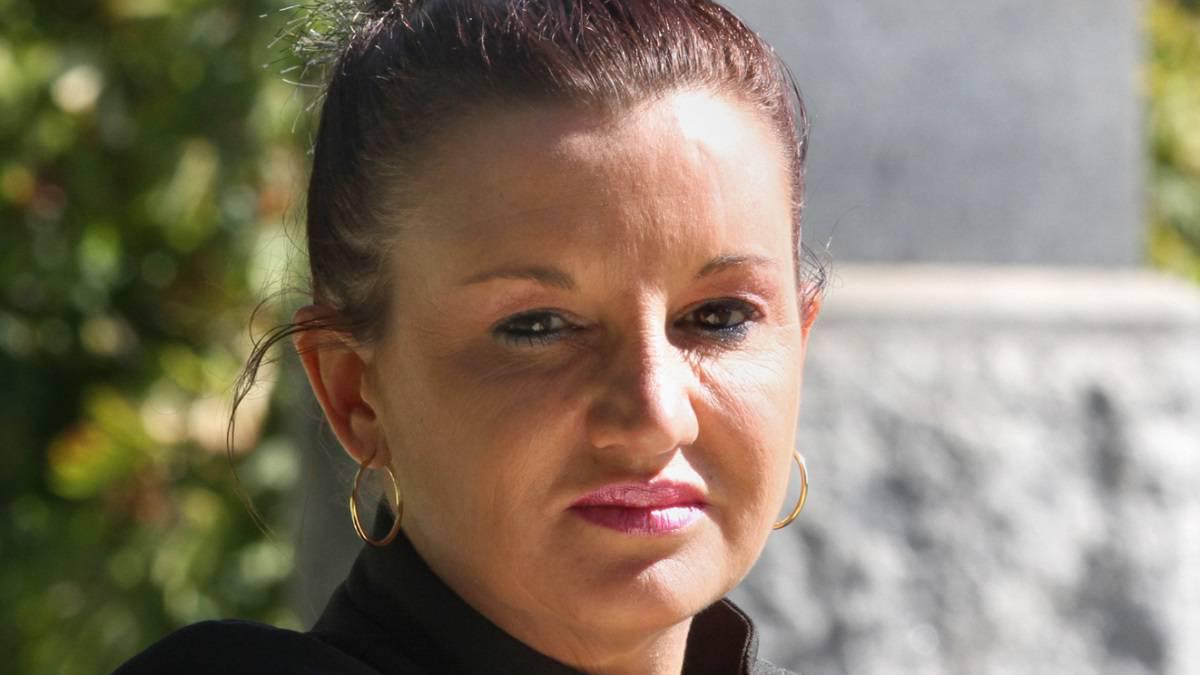Senator Jacqui Lambie quit the Palmer United Party in late 2014. This party promised earlier this year that it will protect the RET only to renege on this commitment only a few short months later.
The senator’s departure is another significant political change for Australia’s renewable energy sector.
Lambie agreed with the stand of Clive Palmer on the renewable energy target in earlier days. She previously consented with Palmer’s position that the government’s proposed changes to the renewable energy target is an ‘illegitimate reform.’ But she also hinted then that the RET needs some minor alterations.
RET in need of alterations according to Senator Lambie
Things have drastically changed with Lambie. Her latest move indicates that she is now open to the possibility of supporting the government in passing drastic changes to the RET. This will have a major impact on the energy markets in the Tasmania.
Her shift in position is based mostly on her desire to have the aluminium industry exempted from the renewable energy target. This is the same stand of the renewable energy sector.
“Basically we’ve been getting the worst end when it comes to the RET,” she explained after giving her speech in a media conference announcing her change in position regarding the RET.
RET benefits Tasmanian economy – Senator Lambie still against original target
However, her statement appears to be far from reality. Tasmania envisions numerous benefits from the RET, with almost no expense to consumers.
For instance, Hydro Tasmania, which is owned by the Tasmanian Government, has specifically defined the economic benefits that will be facilitated by the RET. The benefits include the passing on of $117 million of the revenue to Tasmanian citizens.
When a ‘back of the envelope’ analysis is made regarding the flow of large scale generation certificates in 2013, it will show that Tasmania receives about 14 per cent of the national renewable energy target revenue. The total amount of money involved here is about $45 million.
It is quite clear that electricity generators in Tasmania make a good amount of high value clean energy all of which can be incorporated in the renewable energy target scheme. This clean energy is used to provide the needs of the energy markets.
Regardless, senator Lambie is still holding on to her new position. She expressed concern about the impact of the renewable energy target scheme on electricity bills, which is around 3 per cent of the average annual electricity bill.
No RET means higher electricity bills for consumers
But the Australian government’s renewable energy target review revealed that lowering or even ditching the scheme will ultimately lead to increases in retail electricity bills. This is due to the lower levels of ‘low short run cost’ clean energy generation.
When the situation is examined, it is clear that the only advocates of abandoning the scheme are the large mainland power companies. As outlined by the Climate Institute, this would be $1.9 billion to Energy Australia, $1.5 billion to Origin Energy and $2.7 billion to Macquarie Generation and AGL.
Invariably, the future of Australian clean energy invariably gets pulled along with the changes of positions of the people occupying their senate seats. If Senator Lambie does not stay true to her word, her desired changes for Tasmania may not take place.



